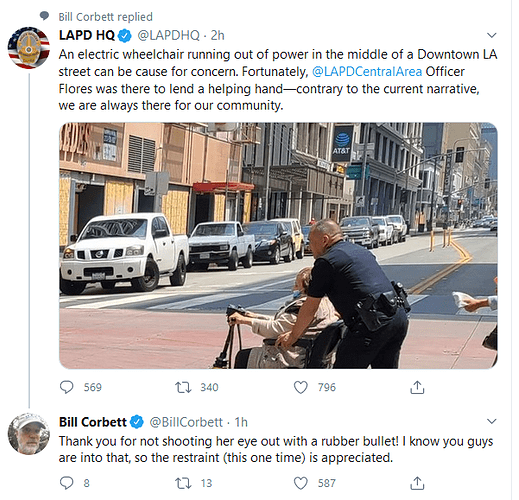So here’s how I look at human organization:
Entities must be as big as the task they set out to do. Bigger task means bigger minimum viable organization. You can’t build a massive highway with two dudes, a wheel barrow, and a pickup truck.
As entities grow they get lower costs on inputs (often the way they get these reduced costs is pretty toxic and I could go on for ages about how to fix parts of that) but they also become slower and less efficient. Getting slower means that it takes more time and cost to make changes to how it does things, becoming less efficient means that the entities productivity per hour of human time consumed falls.
You want entities to be the right size for the task at hand. Too big and they might be too slow to even function or spend 500% of the necessary resources, too small and they can’t pull a big project off, and a right size entity that is specialized in doing the type of work at hand is usually the best option by a wide margin.
Notice that nowhere in that did I say that something had to be government or private enterprise. I don’t think that they are different through this lense. The next lense, which is equally important is public or private.
Public entities do not take profits, this is a major advantage even though this is partially offset by the absolute pillaging that happens anywhere a government entity interacts with a private party. They aren’t very sensitive to demand signals (if the service they are providing isn’t particularly necessary or in demand they aren’t trying to stop providing that service… in fact they are probably trying to figure out how to provide even more of the thing people don’t actually want) which can be a great thing in some situations where markets tend to fail (basic science R&D, public education, infrastructure as just a few examples) but is pretty bad at dealing with situations where private markets are functioning well. I’ve got dozens and dozens of examples of poorly operated state owned corporations over the last hundred years to demonstrate my point on this second point.
Real estate is not one problem. It is local, it is constantly changing, and every single piece of land is its own project. To say that it is easy to accidentally build too much or too little (the two most common government run errors) is a huge understatement. It’s a territory best operated by small entities, which is one of the good reasons to promote private homeownership in society. It’s the ultimate example of a small project that is best handled by small entities. This can mean small government entities or it can mean small private entities, but I suspect that after 20 years of either one most people would prefer the product that the private entities provide.
I look at real estate and I don’t see any glaring problems that aren’t mostly attributable to poor people being in a low or no leverage negotiation with people over where they are going to live. I don’t see anything unacceptable about the possibility that people might be evicted for non-payment, I see it as unacceptable that our people would be so poor that they couldn’t put a roof over their head. I don’t feel bad for people who bought a house they really couldn’t afford (I don’t feel bad for the bank taking the loss on the foreclosure either and I don’t think the people being evicted did anything morally wrong) who get evicted and have to live somewhere cheaper. I DO feel bad for poor people who are stuck in abusive relationships with awful landlords because they don’t have any other options. I just attribute that problem to poverty not evil landlords. To be sure some landlords are evil, but a better question for how to fix that is asking what kinds of situations attract these kinds of evil people and trying to eliminate those situations.
